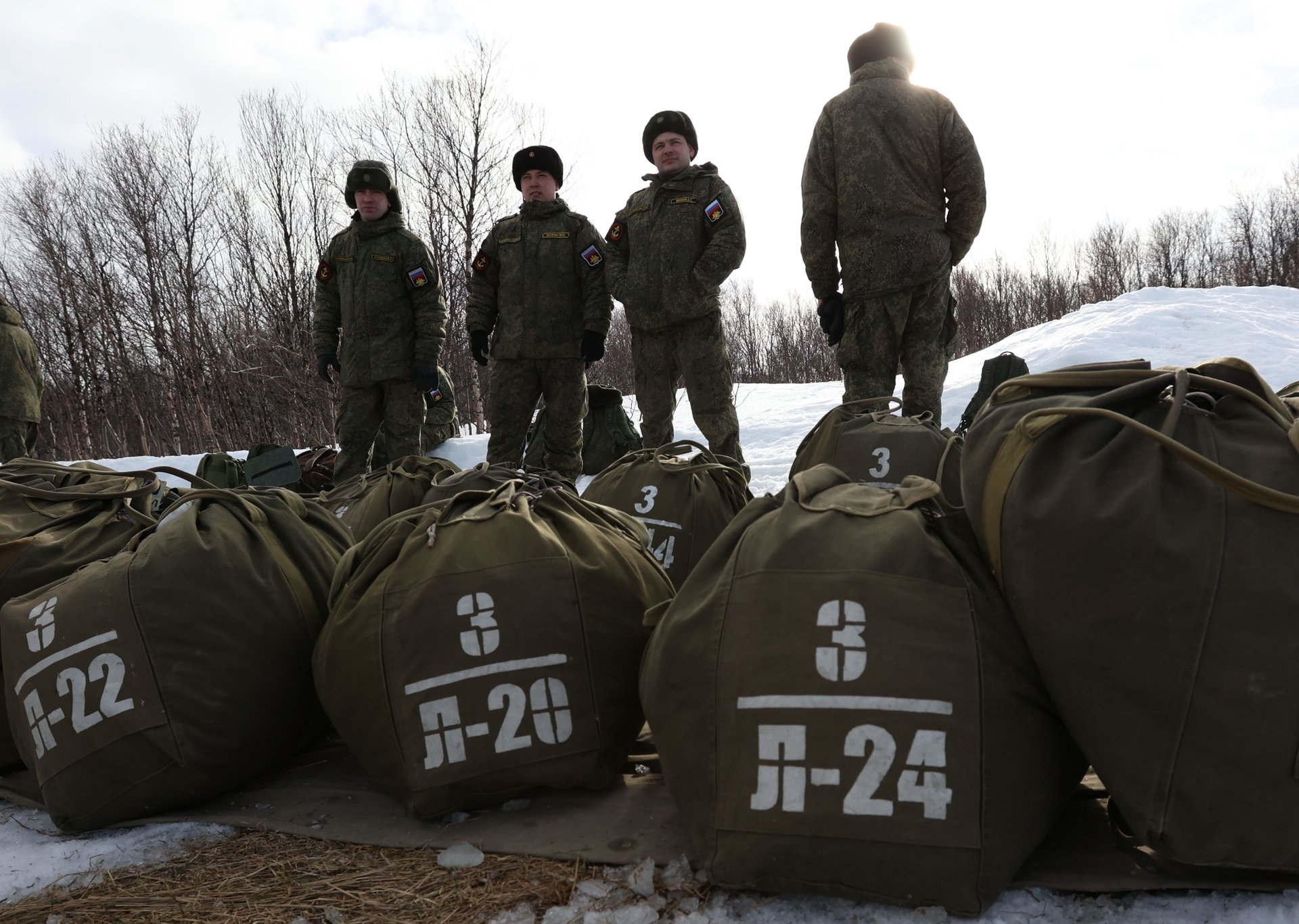United Russia deputies Andrei Kartapolov and Andrei Krasov submitted to the State Duma a bill to abolish the age limit for those wishing to conclude the first contract for military service.
Amendments are proposed to be made to the federal law "On military duty and military service."
The State Duma recalled that at present, Russians aged 18 to 40 and foreign citizens aged 18 to 30 can conclude such a contract.
The authors of the initiative propose to exclude from the law the current age limit for citizens of working age to conclude a contract.
“For the use of high-precision weapons, the operation of weapons and military equipment, highly professional specialists are needed.
Experience shows that they become such by the age of 40-45, ”the explanatory note says.
In addition, according to the authors of the bill, the changes will allow recruiting specialists in popular specialties, in particular in the areas of medical support, engineering departments, maintenance, operation, communications and others.
Military expert Viktor Litovkin, in a conversation with RT, noted that the initiative will make it possible to recruit specialists with extensive experience and knowledge, "high-level professionals for maintenance and work on high-tech equipment," to serve in the armed forces.
“All those systems that require deep knowledge and experience, which cannot be obtained from a person 20-25 years old, because he does not have such experience, knowledge and ability to work on this equipment.
Moreover, the equipment also requires higher specialized education.
And when it becomes possible to receive such people, this will strengthen the armed forces, ”the specialist said.
RIA News
© Pavel Lvov
A similar opinion was expressed by Igor Korotchenko, editor-in-chief of the National Defense magazine.
“I support this decision, it is correct and justified.
It will allow attracting the most trained specialists to the contract service, including for the operation of complex weapons systems, ”the expert explained.
Attracting specialists to the military industry directly to solve specific problems is of a strategic nature and is part of Russia's national security, said Nikita Danyuk, deputy director of the RUDN Institute for Strategic Studies and Forecasts, in an interview with RT.
“The abolition of the age limit for concluding this contract will make it possible to equip our army and our military departments with those specialists who have extensive experience and who now, solely by virtue of this paragraph of the law, cannot benefit our defense capability.
Under the current conditions, it is necessary to radically revise the legislation so that people can work for our defense as quickly and efficiently as possible, ”said the analyst.
Recall that in November 2021, Russian leader Vladimir Putin signed a law allowing the president to increase the age limit for military service for marshals, generals of the army and admirals of the fleet by decision of the president.
Changes were made to Art.
49 of the federal law "On military duty and military service".
Prior to the signing of the law by the President, the age limit for military service for persons with the specified military ranks was 65 years.
They can now enter into a new contract until they reach the age of 70.
On March 31, Vladimir Putin signed a decree on the conscription in April-July 2022 of citizens of the Russian Federation for military service and on the dismissal from military service of citizens who are conscripted.
The decree was published on the official Internet portal of legal information.
“To carry out from April 1 to July 15, 2022, the conscription of citizens of the Russian Federation aged 18 to 27 years who are not in the reserve and are subject to conscription for military service in accordance with federal law, in the amount of 134,500 people,” reads in the decree.
By the same decree, the president decided to dismiss from military service soldiers, sailors, sergeants and foremen whose term of military service had expired.
The president instructed the government, executive authorities of the regions and draft commissions to ensure the implementation of relevant measures.

